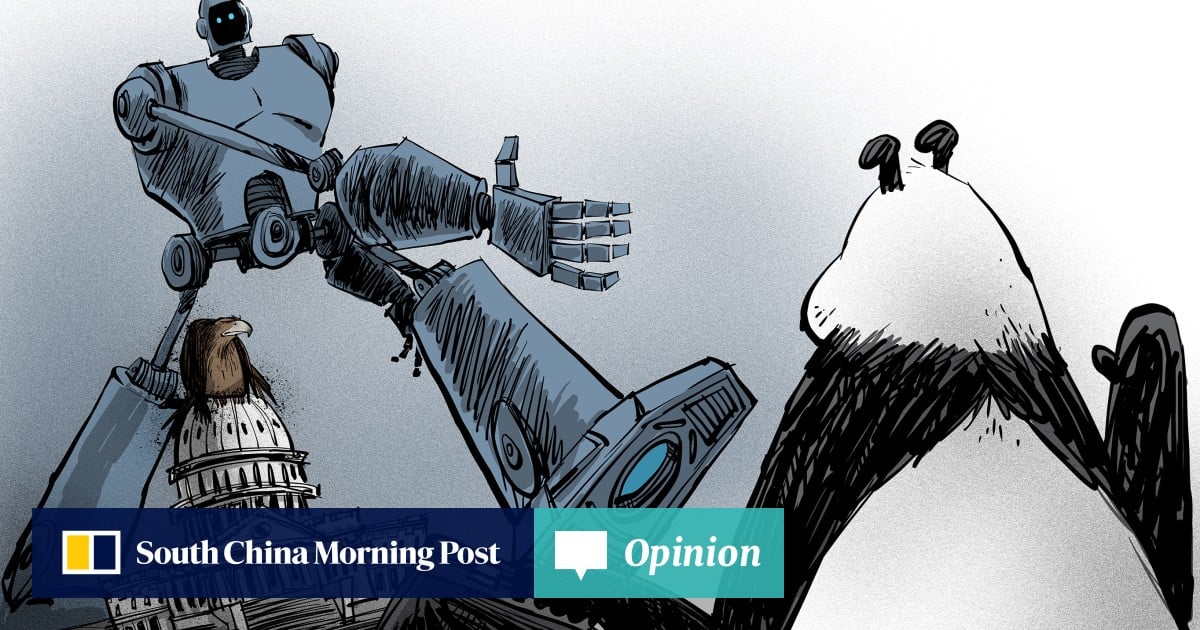NEW YORK/SHANGHAI — As Beijing tightens its monitoring, a mechanism used by major Chinese corporations to offer shares in the United States while avoiding limits on international listings risks being targeted by regulators. Businesses in industries where China restricts foreign ownership, such as telecommunications and education, employ variable interest corporations to allow foreign investors to purchase in through shell firms domiciled in places like the Cayman Islands. The “Sina model,” named after the online startup that utilized it to list in New York in 2000, is another name for it. Alibaba Group Holding, Pinduoduo, and JD.com are among the $1.62 trillion worth of Chinese enterprises using VIEs listed in the United States. According to a survey published last year by the National Bureau of Economic Research, Caymans-based shells accounted for $477 billion of the estimated $700 billion in Chinese shares held by American investors in 2017. However, the procedure is in a legal limbo. If Chinese authorities begin to question it as part of the crackdown that has already hit Didi Global, another VIE user, the accompanying loss of investor confidence could send shockwaves through global financial markets. China’s 1994 rules require enterprises to obtain approval from the State Council before they can list on overseas stock exchanges. However, these assume that the corporation issuing the shares is based in China and do not take into account the potential of a listing through a shell company in another country. According to US media, the China Securities Regulatory Commission is leading the campaign to modify this. As the government tightens its regulations on international listings, businesses that use VIEs may be required to apply for authorization to list abroad, even if it is through a foreign-registered holding company. In a study on disclosure concerns for Chinese corporations released last November, the US Securities and Exchange Commission mentioned the ambiguous legal position of VIEs. According to the research, “China-based Issuer VIE structures pose risks to US investors that are not present in other organizational structures.” The SEC warned that if the Chinese government determines that the agreements forming the VIE structure do not conform with Chinese law and regulations, “a China-based Issuer could face penalties, loss of business and operating licenses, or forfeiture of ownership interests.” The US-China Economic and Security Review Commission, a bipartisan congressional advisory committee, has advocated legislation prohibiting Chinese corporations from offering shares through VIEs on American exchanges.
Alibaba established Alibaba Group Holding as a Cayman Islands-based shell company to allow international investors to invest in the company. Kyodo is a Japanese martial art.
VIE listings often include a US-listed shell company registered in the Cayman Islands executing contracts through a China-based subsidiary, with the Chinese business actually handling the activities. Even without direct ownership, these effectively give the Caymans company control over the business and a claim on its profits. As a result, foreign investors can become de facto stockholders in the Chinese firm. For example, Alibaba created Alibaba Group Holding as a Cayman Islands-based shell corporation in order to go public in New York. The holding firm set up foreign-owned subsidiaries in China, which signed contractual control agreements with Alibaba’s e-commerce and other operations, as well as its shareholders, thus turning the companies into variable interest entities. The contracts give the Cayman Islands-based holding company control of the running businesses while also allowing income to flow to it. In a 2016 judgment, the Supreme People’s Court of China rejected an allegation that a VIE contract for an education company was invalid under China’s foreign ownership prohibitions, effectively validating the arrangement. Gao Xiang, a lawyer at Chinese law firm Jingtian & Gongcheng and an expert on overseas listings, stated, “This was the first decision by the Supreme People’s Court touching on the legitimacy of VIEs.” “China is not a country that follows legal precedent,” he noted, “so it’s still possible that a separate court will rule otherwise.”/n
Read More




